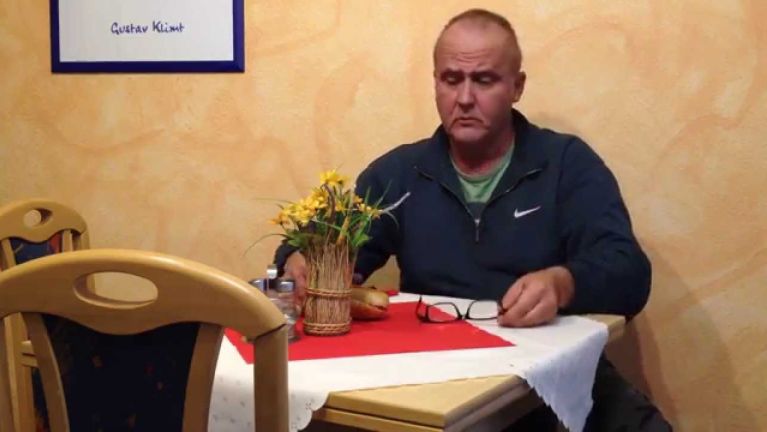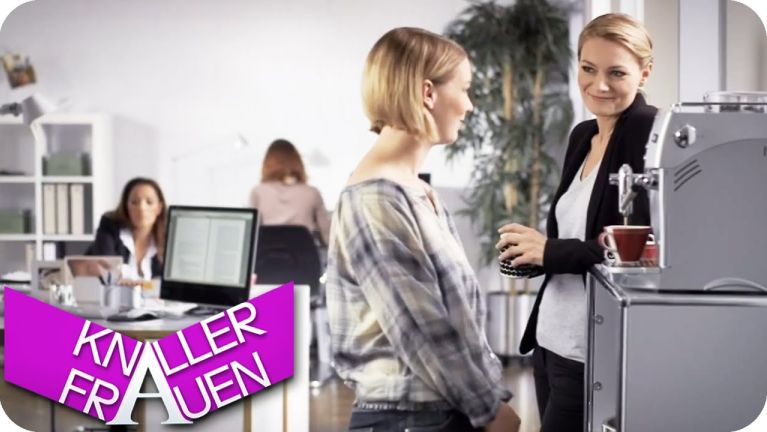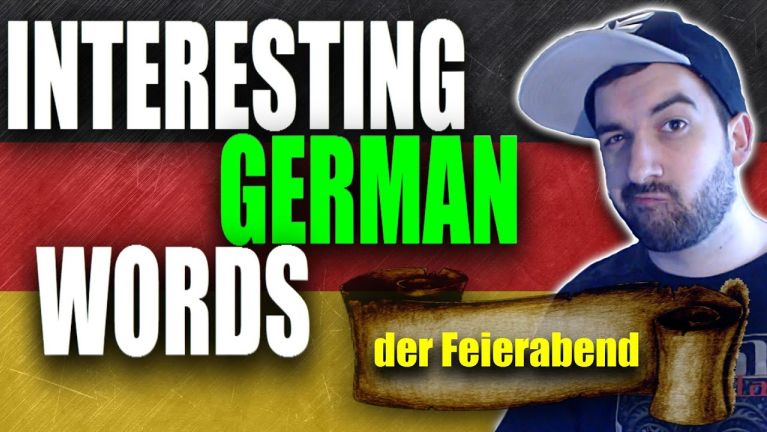German for the workplace
“Morgen”, “Mahlzeit” and “Feierabend” are expressions and rituals you need to understand when you begin working in Germany.

“Morgähn”
You will hear this greeting in the lift, in the corridor and, of course, in the coffee kitchen: “Morgen!” (Morning!) Is it because colleagues are not really awake so early in the morning? Instead of wishing “Guten Morgen” (Good morning) many reduce their welcome to just “Morgen“. Because that sometimes sounds rather like a suppressed yawn, some jokers like to cry “Morgähn” (morning yawn) across the corridor.
“Verspätung”
This is an unpleasant word because Germans attach great importance to punctuality. But “Verspätung” (delay) does happen and it is usually followed by a sentence containing the words “Entschuldigung” (sorry) and “Stau” (traffic jam) or “die Bahn” (the train). However, if you work “Gleitzeit” – in other words, you have flexible working hours – you can avoid the stress of “Berufsverkehr” (rush-hour traffic).
Dieses YouTube-Video kann in einem neuen Tab abgespielt werden
YouTube öffnenThird party content
We use YouTube to embed content that may collect data about your activity. Please review the details and accept the service to see this content.
Open consent form“Mahlzeit”
Anyone who works in a large company will know this ritual: at 12 on the dot turmoil breaks out as the corridors fill with colleagues flooding to the canteen. From the babble of voices you will repeatedly hear calls of “Mahlzeit” (mealtime). The term has become established as the lunch-break greeting and should be understood to mean “Guten Appetit” (Enjoy your meal), but it is no longer so common among younger work colleagues.
Dieses YouTube-Video kann in einem neuen Tab abgespielt werden
YouTube öffnenThird party content
We use YouTube to embed content that may collect data about your activity. Please review the details and accept the service to see this content.
Open consent form“Kaffeepause”
Grab your “Bürotasse” (office cup) and enjoy a “Kaffeepause” (coffee break). That’s the healthier alternative to a “Zigarettenpause” (cigarette break). The “Kaffeeküche” (coffee kitchen) is the forum for the latest news of every kind. If you’re lucky, you might receive a piece of birthday cake there from a colleague, because that’s another pleasant tradition of German working life.
Dieses YouTube-Video kann in einem neuen Tab abgespielt werden
YouTube öffnenThird party content
We use YouTube to embed content that may collect data about your activity. Please review the details and accept the service to see this content.
Open consent form“Feierabend”
The word “Feierabend” originally meant the evening before a public holiday. When you hear this expression, don’t get too excited though, because you will probably have to work the next day if it doesn’t happen to be “Wochenende” (weekend). “Feierabend” celebrates the end of work and what’s left of the day, namely “Freizeit” (free time). Workplace friends sometimes go for a “Feierabendbier” (after-work beer) together.
Dieses YouTube-Video kann in einem neuen Tab abgespielt werden
YouTube öffnenThird party content
We use YouTube to embed content that may collect data about your activity. Please review the details and accept the service to see this content.
Open consent formTo avoid misunderstandings: between the lunch break, coffee break and the end of the day people do actually work rather hard in Germany.
You would like to receive regular information about Germany? Subscribe here:




